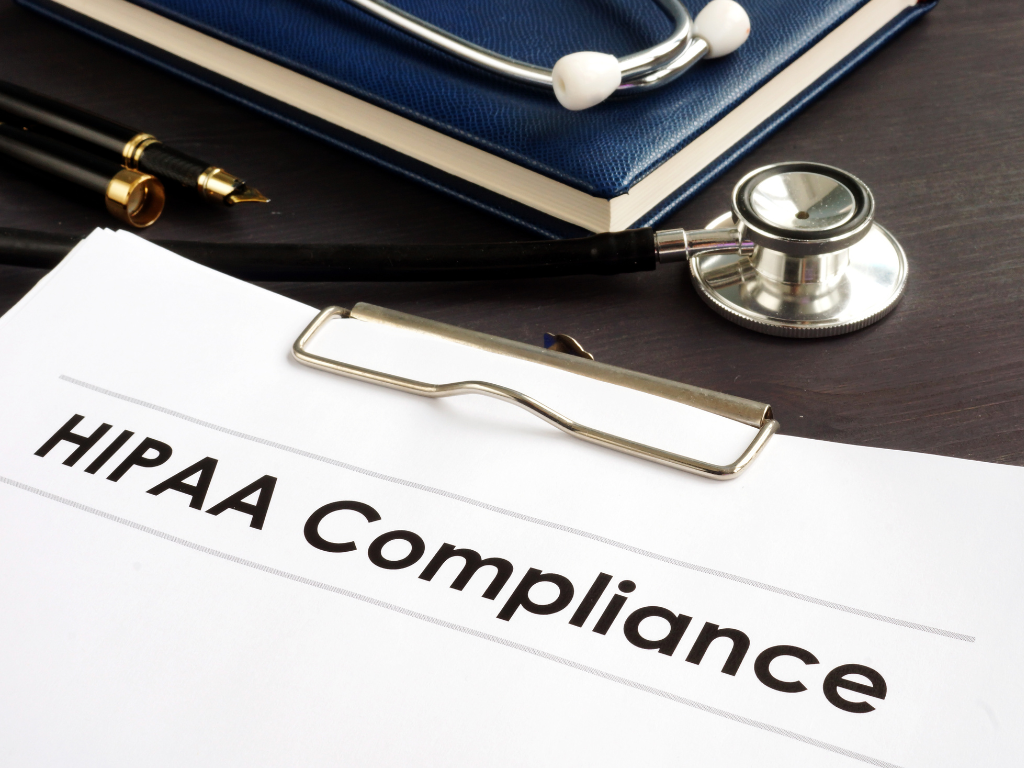HIPAA compliant texting to patients is a popular way to communicate and can offer many advantages in healthcare. However, understanding and following HIPAA rules for patient texting can be complex and challenging.
This guide is your key to understanding HIPAA-compliant texting. It emphasizes its role in securing patient privacy, clarifies the related regulations, and explores its potential benefits for your organization.
Table of Contents
Are Text Messages HIPAA Compliant?
Yes and no. Standard text messages are not HIPAA compliant as they lack proper security measures, such as encryption and secure data storage.
Text messages can only be HIPAA compliant if they are sent using secure messaging platforms tailored to healthcare use. These platforms provide encryption for messages both in transit and at rest to ensure full protection of patient information. They also incorporate user authentication, audit trails, and other security measures necessary for HIPAA compliance.
Patient Privacy and Consent in Text Messaging
Understanding patient privacy and consent is crucial when using text messaging in healthcare. HIPAA safeguards patient privacy in all communications, including texts. So healthcare providers must obtain patient’s explicit consent before texting them any health-related information.
To implement texting patients HIPAA compliance, a patient must first consent to receive text messages about their healthcare. This permission should be officially recorded.
If patients remove their consent, healthcare providers must immediately honor this decision. It’s important to remember that minors or adults with decision-making challenges may need a parent or guardian’s consent.

Innovations in HIPAA-Compliant Texting Solutions
Today’s tech advancements offer a fresh wave of HIPAA compliant texting with patients solutions. They’re safer and more secure for interacting with patients and constantly evolving, bringing new features that enhance patient engagement and meet strict HIPAA guidelines.
- End-to-end encryption: Text messages are fully encrypted from when they leave the sender’s device until they reach the recipient’s. This robust security measure ensures that sensitive patient data remains protected during transmission.
- Access controls: Only authorized personnel are permitted to access the texting platform. Permissions can be set and modified based on roles within the healthcare organization.
- Audit trail capabilities: These solutions offer detailed tracking of all messages, providing clear records of who has accessed and shared patient information.
- Remote wipe functionality: In case of a lost or stolen device, administrators can securely remove all sensitive data from the texting platform, preventing potential information breaches.
- Data lifespan management: You can set defined lifespans for data, after which it is securely destroyed, ensuring that patient information is not kept longer than necessary.
Benefits of Texting Patients in Healthcare
HIPAA compliant texting to patients, when used effectively, can immensely contribute to healthcare provision. Let’s explore some of the benefits derived from HIPAA-compliant texting with patients.
Improved engagement and satisfaction
Texting can significantly improve the bond between healthcare providers and patients. By keeping in touch through text messages, you involve patients in their care journey with real-time, personal communication. This interaction can boost engagement and satisfaction levels, making patients feel seen and valued in healthcare.
Appointment reminders and follow-ups
Text messaging can be great for sending reminders about appointments to patients – lessening the chances they forget. It also allows for accessible follow-up communication after treatment, strengthening the patient-provider relationship.
Medication reminders and adherence
Finally, text messages can help improve a patient’s adherence to their medication regimen. You can remind patients when to take their drugs, highlight their role in treatment, and even notify them about refills. This simple approach can significantly enhance medication adherence, improving health outcomes.

Best Practices for Effective Patient Texting
One underutilized advantage of HIPAA-compliant texting is its potential for conducting patient surveys. This feature denotes a significant step toward enhancing patient engagement and procuring valuable patient feedback in real-time. Both services incorporate this feature, opening up many opportunities:
- Real-time feedback: Surveys give patients a platform to quickly and conveniently provide feedback on their experiences, possibly leading to immediate improvements in service.
- Better understanding of patient needs: Surveys can help you understand what your patients need or want, enabling you to brainstorm new ideas, improve services, or even develop new ones.
- Data-driven decision-making: By analyzing the results from these surveys, healthcare organizations can make data-driven decisions to improve patient services.
- Patient follow-up: Using survey capabilities to follow-up on a patient’s health post-discharge can ensure they adhere to their care plan and potentially prevent readmissions.
HIPAA-compliant texting can genuinely transform patient care and engagement. It demonstrates how easy-to-use tech is critical in modern healthcare.




